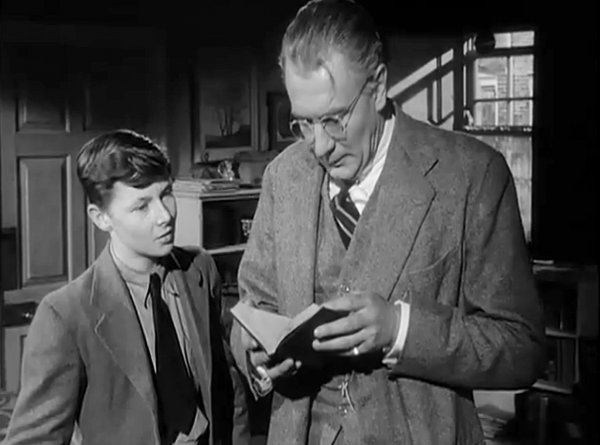Edward
Bartender
- Messages
- 25,379
- Location
- London, UK
Netflix's all star cast, hit flick Don't Look Up.
I'm not really a fan of Adam McKay's films (e.g., The Big Short), they generally have tone issues that rub me the wrong way, and Don't Look Up is no exception. It wants to be a rollicking comedy, a SF disaster film, a pointed social commentary, and several other things that just don't fit well together.
The plot is straight out of Deep Impact and Armageddon: astronomers (Jennifer Lawrence, Leonardo DiCaprio) discover a large comet that will impact the earth in six months. The difference here is, it's today rather than the nineties, and there's no saintly Morgan Freeman-ish president to lead.
The fractous country/world simply can't pull together in an enormous crisis (sound familiar?) A large part of the media/social media/political sphere just rejects the science - even when the comet is visible to the naked eye, their rallying cry is "Don't Look Up", and it's believed by millions. The Trump-like president (Meryl Streep) is only concerned with optics and won't deal with the crisis seriously until very late. And when one of her biggest donors, a Steven Jobs- or Elon Musk-like smartphone billionaire (an unrecognizable Mark Rylance), says that his phalanx of drone ships can do the job better than the brought-back-into-service Space Shuttle to deliver the nukes to break the comet apart, the shuttle mission is scrubbed immediately after liftoff. And how the media (exemplified by a duplicitous anchorwoman played by Cate Blanchett) handles the situation throughout (as entertainment or opinion rather than news) is also disastrous.
You can probably guess that it all doesn't end well. But it brings me back to wondering what the heck we're supposed to take away from this weird film. We don't need fiction to tell us how messed up the present world is... do we?
I watched this one a couple of weeks ago and enjoyed it a lot, though I chose not to mention it in these parts as it's a difficult one to discuss without veering towards the political. Like most sci-fi - which it is after a fashion, I suppose - it is inevitably a social comment on our world as it is. I took it as being an allegory for climate change and the various stripes of reaction to that. Without getting into the politics of what is right and wrong therein, I thought it pretty well skewed all sides, in particular the difficult balance of what is scientifically necessary versus what is politically palatable within a popular narrative, the reaction to 'expertise' in the present era, and how people in general can readily reject or ignore a reality which they do not want to confront. Is it necessary? Well, that probably depends on individual reaction. I suspect it will mostly be hailed by those who agree with its message, and dismissed by those who do not, as was ever the case. IMO, it's biggest problem with reaction has been among critics who have slated it for not being a comedy while seemingly not quite understanding it's a satire.




